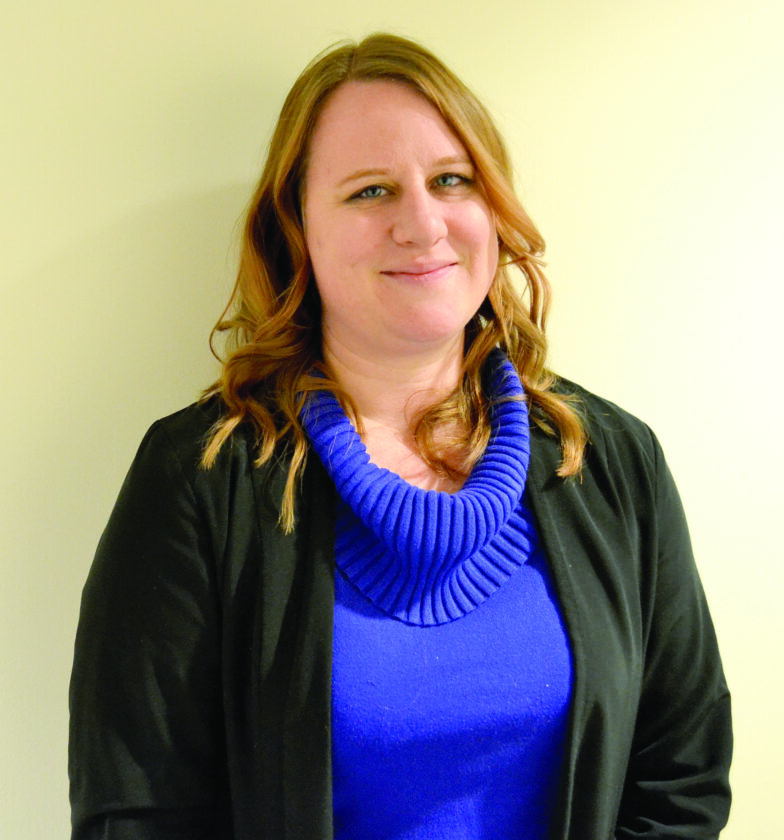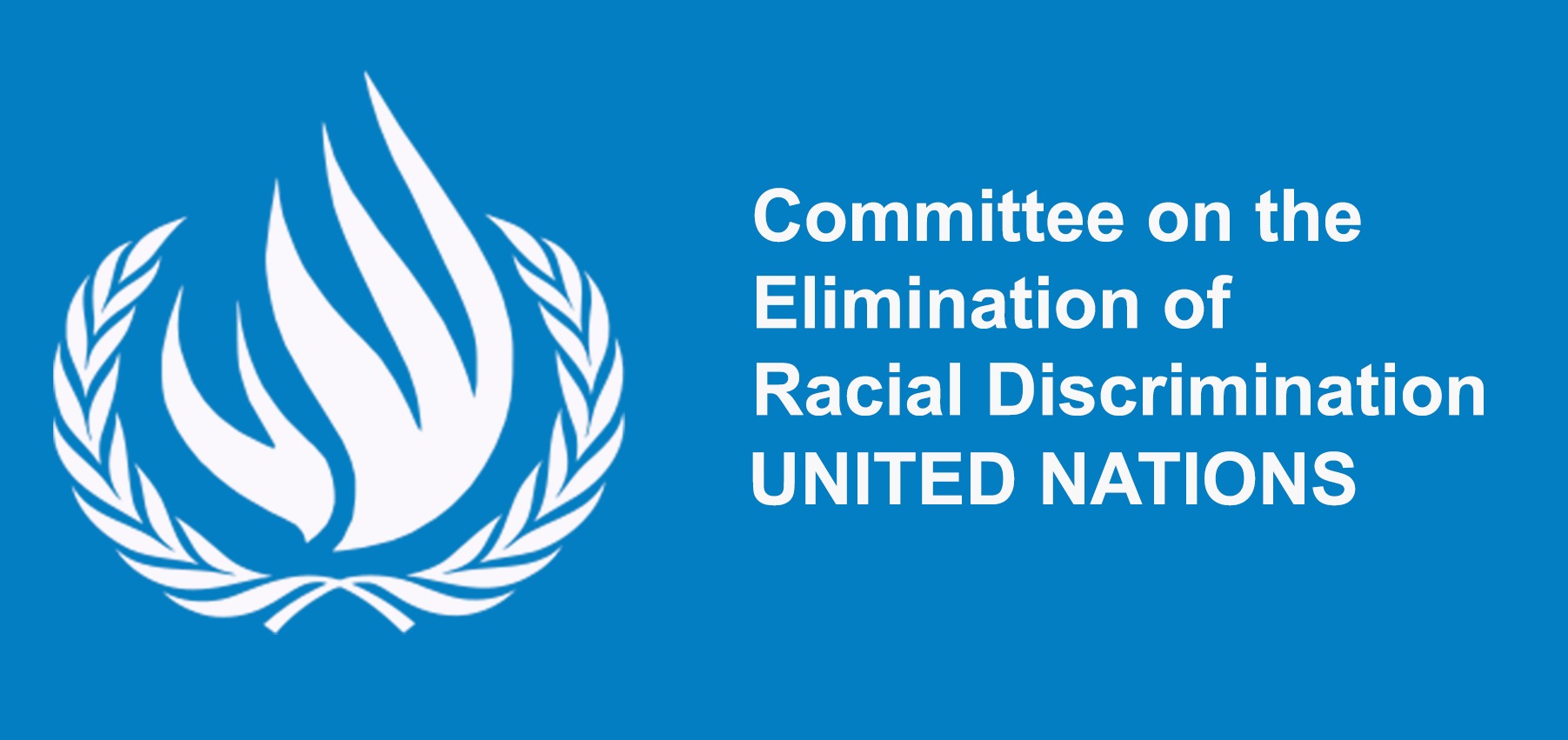
The new regulations pave the way for aspiring clinical social worker(s) to get license, even if they don’t pass their license exam for the first time ever.
State Senator Karina Villa (D-West Chicago) backed the law, which will take effect from January 1. The said law would allow potential social workers to complete 3000 hours of training under professional clinical social workers, even if they fail in the exam. In addition, educational requirements remain the same as required for appearing in the exam.
The need to reform the exam mechanism comes out of its huge fee ($260) for each candidate. in addition, Variance in passing ratio (82.5 percent for white individuals, 70 percent for Asians, 59.6 percent for Hispanic and 42.6 Percent for black) indicated systematic discrimination.
Villa, who is a former social worker, stated that data shows to change the procedure. She further opined that a candidate who fulfills all requirements for licensure should not be barred because of the biased exam system. The racial disparities have to stop.
Before this law, the process of obtaining a clinical social worker license in Illinois is a systematic procedure. The procedure required that professionals achieve the required educational, experiential, and ethical standards. To begin, persons must obtain a master’s or doctorate degree in social work from a program, authorized by the Council on Social Work Education. With this, candidates must complete 3,000 hours of supervised clinical practice, spread out over a minimum of 24 months. A significant proportion of these hours must entail direct engagement with clients. The services must include psychotherapy or clinical social work services.
In Illinois, Association of Social Work Boards administers the Clinical social work licensing examination. Applicants must submit a thorough application to the Illinois Department of Financial and Professional Regulation (IDFPR). The application may include evidence of their education, supervised experience, and examination scores.
As a requirement for the application procedure, applicants are subjected to a criminal background check. Afterwards, the IDFPR grants them the clinical social worker license. The procedure highlights the dedication to upholding elevated levels of proficiency and moral behavior.












